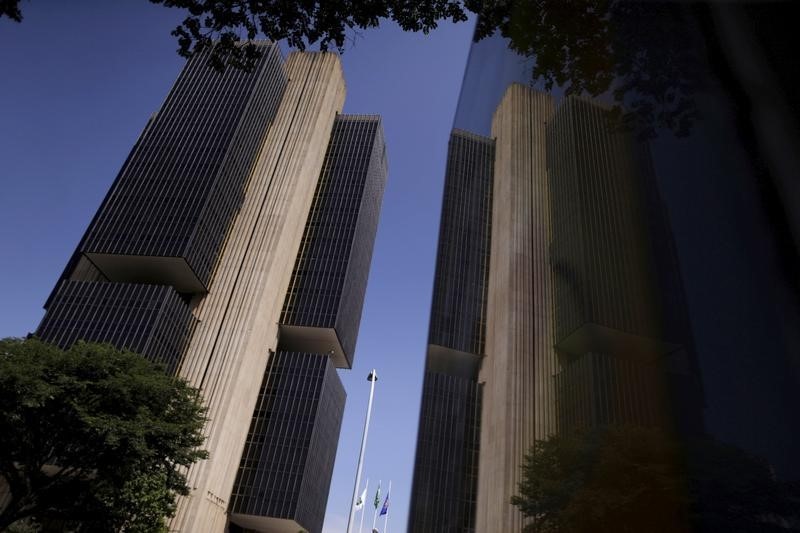By Guillermo Parra-Bernal and Marcela Ayres
SAO PAULO/BRASILIA (Reuters) - The impact of Brazil's biggest corruption scandal on bank balance sheets still requires attention from policymakers even though the risk to the sector is manageable, a senior central bank official said on Thursday.
Part of a 26 percent surge in loan-loss provisions among Brazilian banks in the 12 months through June stemmed from potential losses related to the investigation known as "Operation Car Wash," said Anthero Meirelles, a central bank director in charge of oversight.
At a presentation of a semi-annual report on financial stability, Meirelles said policymakers continue to monitor potential effects from the probe, which has lasted 29 months and ensnared Brazil's largest state-controlled firms and some of the nation's biggest engineering groups.
So far, banks in Brazil have mitigated the risk of growing interdependence between engineering firms, suppliers and services companies involved in the scandal by lending more prudently and asking for more guarantees from borrowers.
"We do still hold the same view: that the Car Wash situation remains a risk, although a risk that the banking system has the ability to manage," Meirelles told reporters in Brasilia.
The Car Wash scandal - which unveiled a decade-long graft ring by which builders won contracts with state firms through an extensive web of bribery - has led to a number of large firms, including Grupo OAS SA, to enter bankruptcy protection.
The scandal also accelerated the impeachment of President Dilma Rousseff last month.
Nevertheless, the country's banking system remains highly resilient to an adverse credit event, even under some extreme scenarios, the report said. A series of simulation exercises found that banks could absorb massive default-related losses, at the cost of a decline in profitability, the report showed.
Fallout from the scandal has made it harder for banks to predict trends in defaults amid an uncertain political and economic outlook. Defaults are near all-time highs, offsetting the benefits stemming from rising borrowing costs and prudent loan-loss provisioning for banks.

An index of banking and financial shares trading in the São Paulo Stock Exchange (IFNC) gained the most in 10 days on Thursday, adding 1.8 percent to 6,120 points. The index is up 42 percent this year.